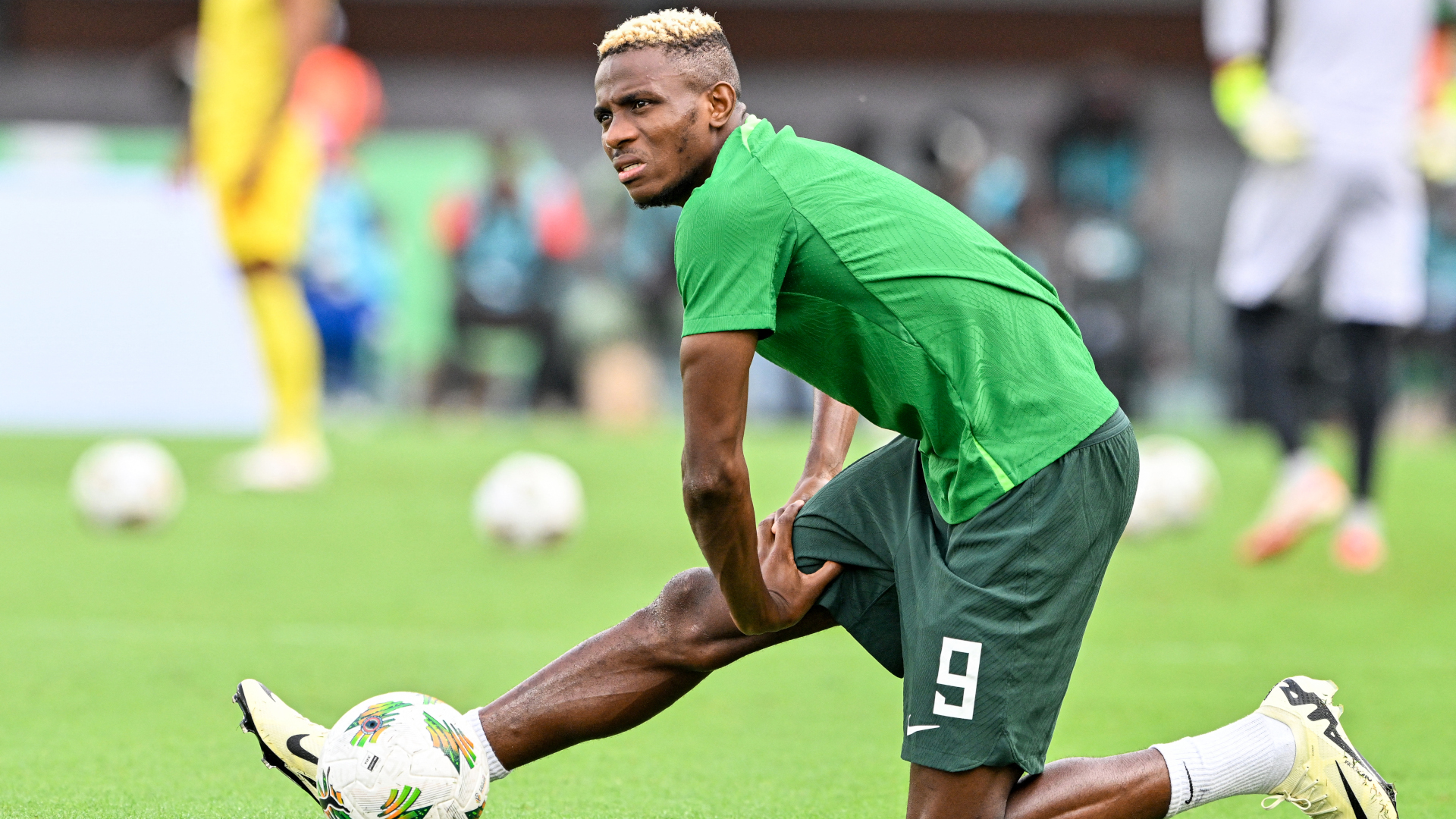Why the new generation of England players are better than you think
Declan Warrington says the Three Lions still lag some way behind world football's powerhouses, but believes the bigger picture is unfolding nicely...
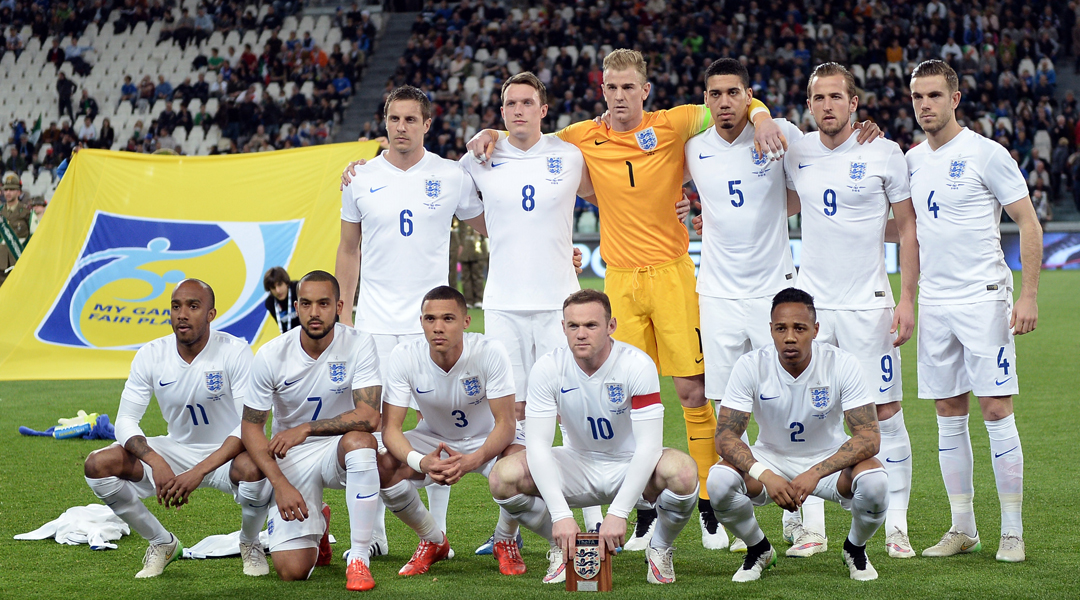
Though the mainstream narrative has long been English football's Golden Generation ending with the departures of Steven Gerrard and Frank Lampard, it’s arguable that a brighter one has started around them.
Their final contributions to England's cause at the 2014 World Cup may have come amid the disappointment of elimination at the group stage but, subtly, a different breed of English player has gradually emerged.
If there was reason for an Englishman to remain optimistic in Brazil then it came in the display of Raheem Sterling against Italy alongside the established, fluid talents of Wayne Rooney, Daniel Sturridge and Jordan Henderson – and in the knowledge that, in Jack Wilshere, Ross Barkley and Luke Shaw, a more skilled young collection of players was vying for selection.
Classy comfort
There was little doubting the individual talents of Gerrard or Lampard, or any of the others who disappointed in a 4-4-2 formation under Sven-Goran Eriksson, Steve McClaren and Fabio Capello.
What became increasingly clear throughout those England managers’ reigns, however, was that for all of those players’ abilities – David Beckham, John Terry and Michael Owen were, alongside Gerrard and Lampard, particularly important – they almost all had domestic skill sets which brought significant Premier League success but, internationally, proved one-dimensional.
Michel Platini’s view that English players are “lions in the winter and lambs in the summer” may refer to the unrealistic domestic football schedule and have significant foundation.
The best features, fun and footballing quizzes, straight to your inbox every week.
But the same could equally be said of the platforms being played upon: lions for the rugged winter of the Premier League, lambs in a sophisticated, continental summer.
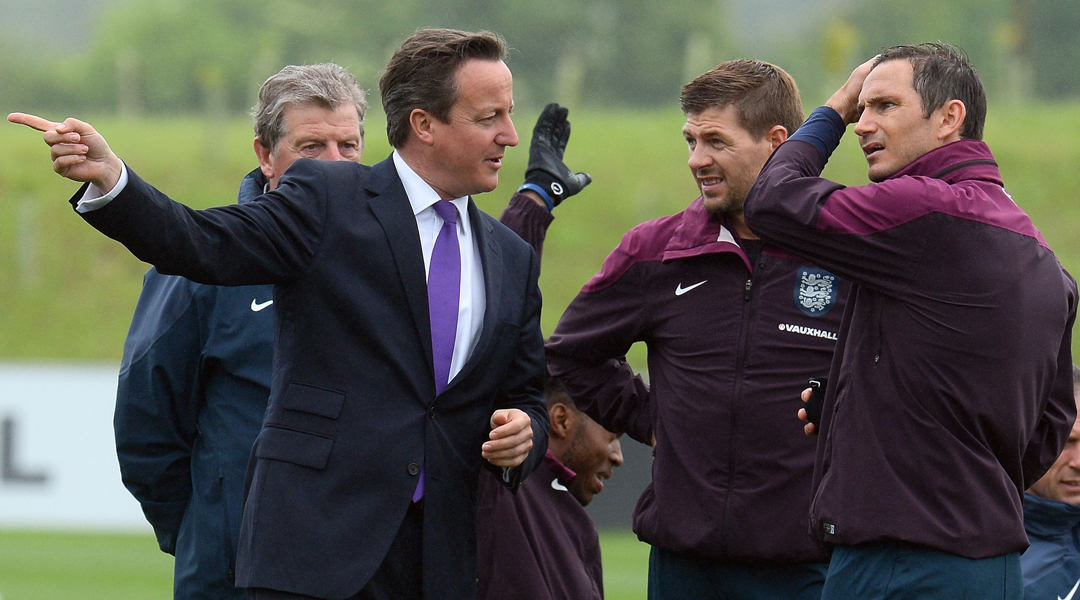
A preference for 4-4-2 didn’t only reflect those managers’ limitations. The players – rigid and suited to one-paced, box-to-box football – would have struggled with the fluid, flexible and composed possession-based game the finest teams of that era exercised. Of the Euro 2004 XI, only Ashley Cole, Paul Scholes and Rooney were as comfortable with the subtleties of international football as they were domestically, and only Rooney could excel in more than one role (Gerrard could also, but without the required tactical discipline).
By 2006, Joe Cole was another capable of playing in multiple positions and Rio Ferdinand was composed in possession, but they were the exception rather than the rule and only now – for the first time in England’s history – does the national team have a generation that is as suited to ball retention as it is adaptable.
The right track
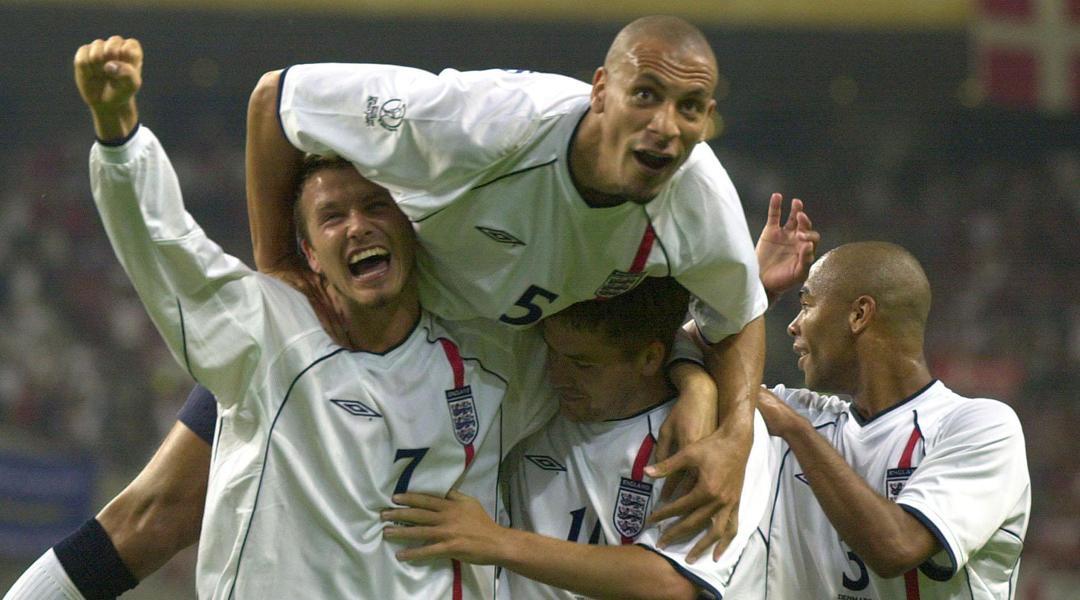
Should, as is widely hoped, Calum Chambers and John Stones become regulars in England’s presently-vulnerable defence, there will be two capable of playing both as a right-back and central defender, able to cover the other during forward forays, loss of position or while challenging an opponent. Gary Cahill, a ball-playing defensive partner, will be alongside them, with either Kieran Gibbs, Shaw, Leighton Baines or Ryan Bertrand at left-back, all of whom are comfortable on the ball.
Michael Carrick – alongside Rooney one of two Old England survivors – has the necessary tactical intelligence, discipline and creativity to successfully anchor Hodgson’s midfield, where either side of him Wilshere and Henderson can create, defend, pass almost as well as Carrick and, like Sterling, vary and control their team-mates’ collective tempo.
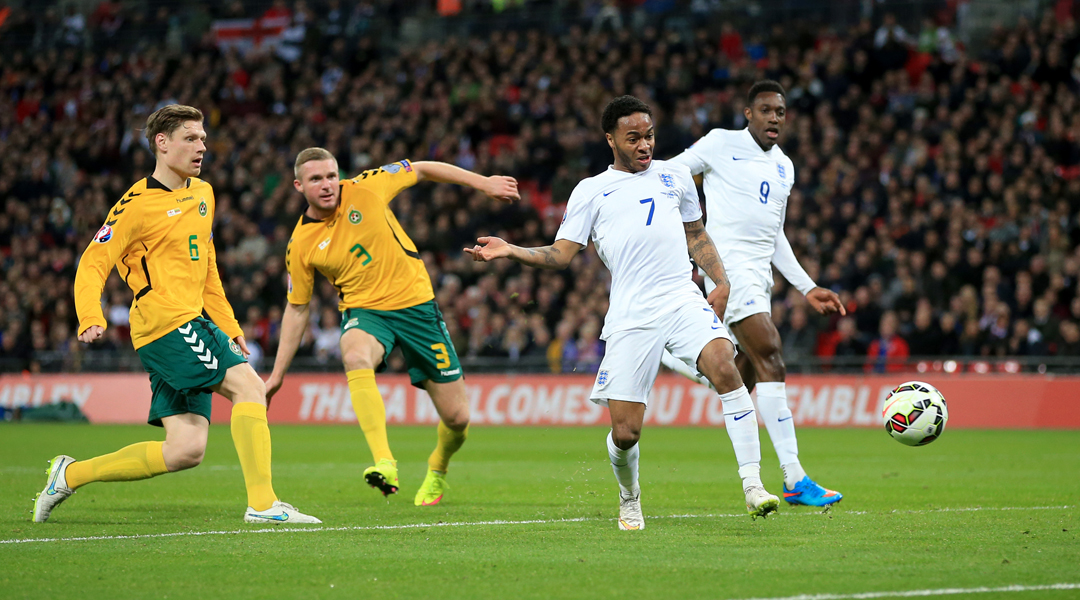
Up front, it's expected Rooney, Sterling and Sturridge would be Hodgson’s chosen triumvirate; each man, with his movement, intelligence and speed, can play through the middle, and Rooney is as comfortable on the left of a three as Sturridge is on the right. Supporting them, Danny Welbeck can play anywhere across that fluid front-line, Theo Walcott is almost as interchangeable, and Jay Rodriguez – should he fully recover his form following injury – is another flexible option. In time, James Ward-Prowse, Ruben Loftus-Cheek and Jordon Ibe will, like Barkley, Adam Lallana and Harry Kane, continue to develop into realistic options for Hodgson or any managerial successor. In reality, Ward-Prowse should already be close.
For a nation whose football team has had more false dawns than it cares to remember, that strength in depth, and elite-level quality, remains far behind the superpowers. Spain must choose between Isco, Thiago Alcantara, Koke, Cesc Fabregas and Ander Herrera for one position alongside Andres Iniesta. Germany's No.10 could be Mesut Ozil, Mario Gotze, Thomas Muller or Marco Reus. Regardless, it remains encouraging.
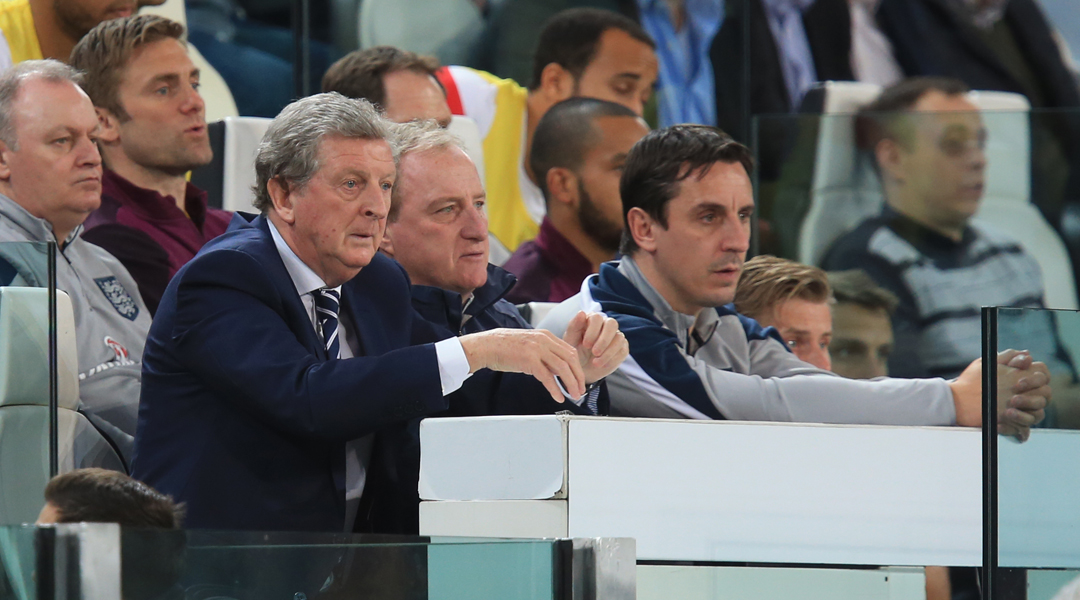
That so many of those players have a promising understanding at club level – Henderson, Sterling and Sturridge at Liverpool; Chambers, Gibbs and Wilshere at Arsenal – is also welcome, particularly given how little time national managers have to develop chemistry within their teams.
Spain’s all-conquering 2008-2012 side was built upon the cores of Real Madrid and Barcelona, Germany’s World Cup winners on those of Bayern Munich and Borussia Dortmund.
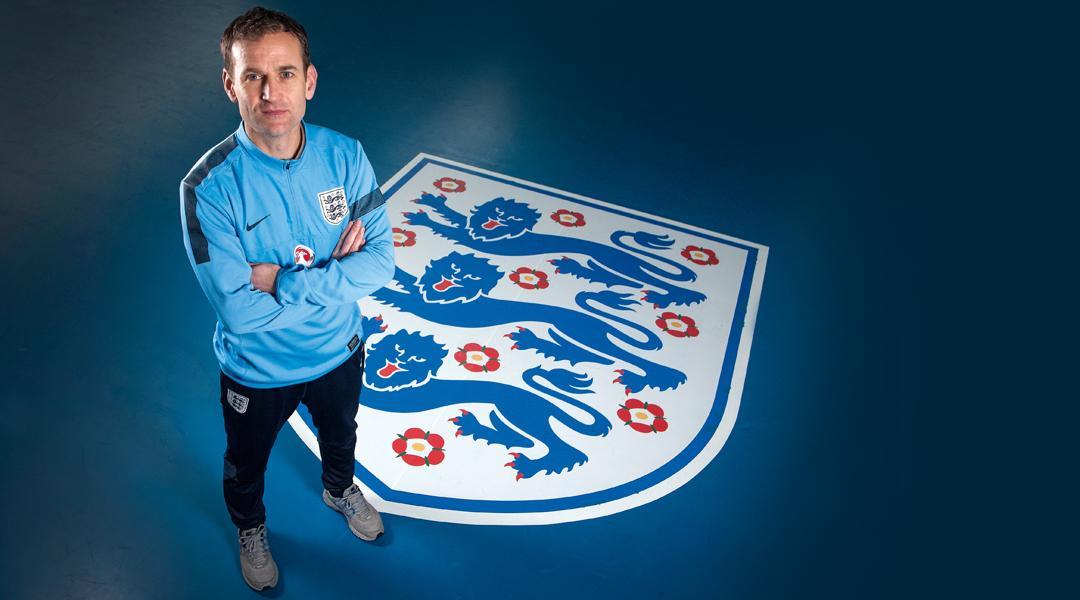
In the blood
FA technical director Dan Ashworth’s 'England DNA' vision is, in theory, admirable, and encourages identity and evolution, but both traits – if only recently – may already have emerged in players as England’s traditional box-to-box type recedes. England continue to trail international football’s finest but, after decades of playing a rigid formation and producing players with largely the right attitudes but wrong abilities – lacking direction, and understanding – they are finally beginning to resemble the world and European champions, showing superior technical ability and sophistication, and not the muscular also-rans of the Premier League.
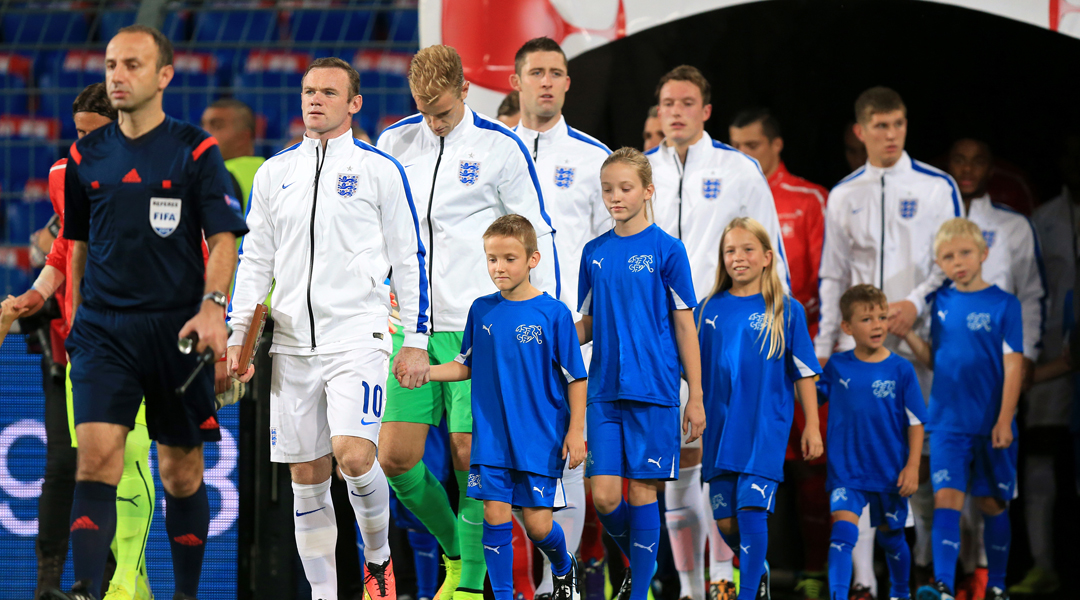
For all of Terry Venables’ seemingly never-ending hyperbole about the abilities of England’s Euro 96 team, this is as close to total football – to being cultured, efficient, and adaptable – as England have ever been.
